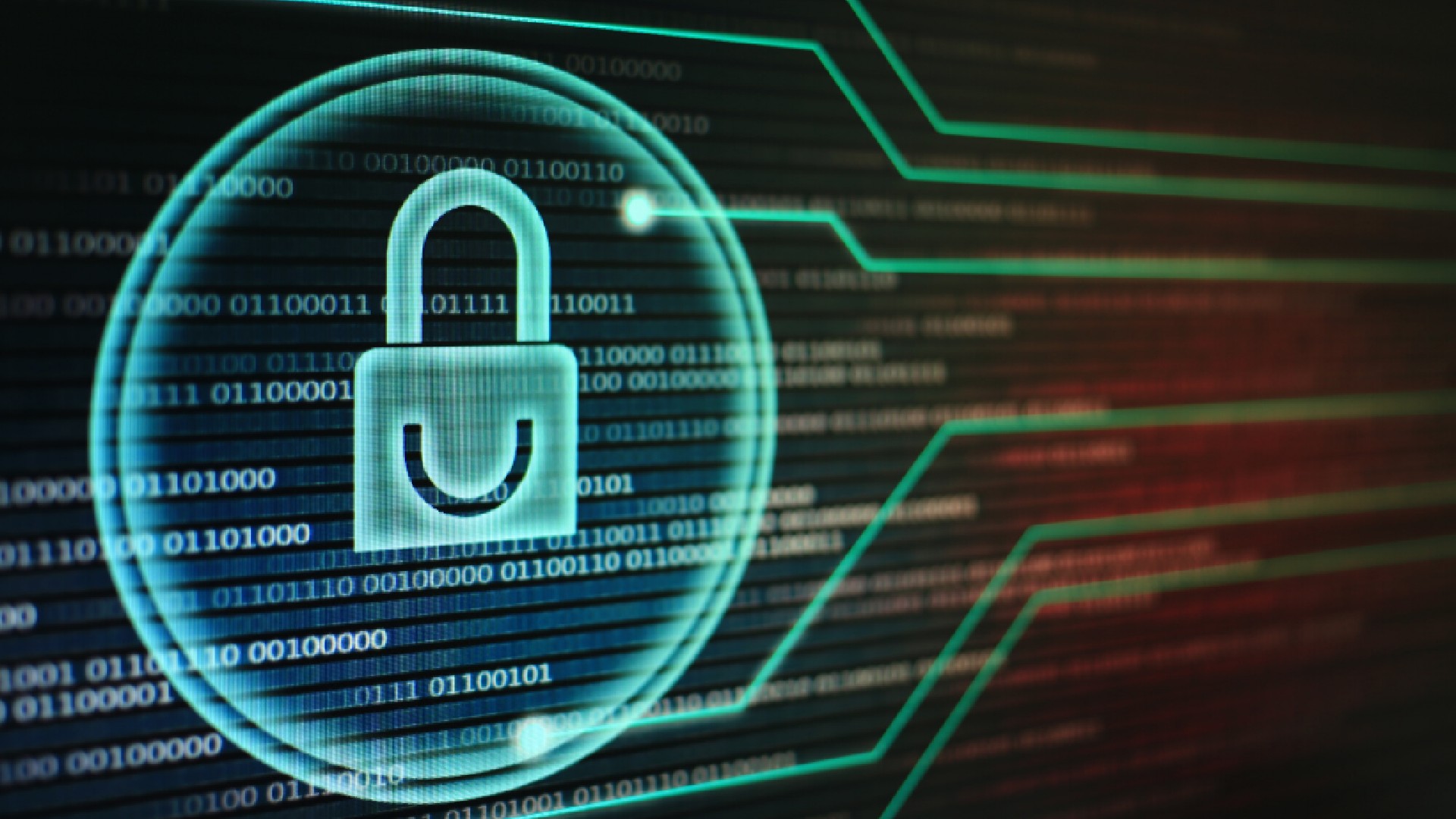An overwhelming amount of data about 1 billion Chinese individuals has been reported to have been accessed by hackers, and that too from a police database in Shanghai. This could be one of the biggest data spills of all time.
The data breach has not been publicly confirmed by Chinese authorities, but many cybersecurity experts and individuals have confirmed it on the web and in forums.
Sophos’ principal research scientist has described this data breach as “potentially incredibly embarrassing” for the Chinese government while mentioning the breach.
You can find out everything you need to know about the breach here.
 1 Billion Chinese Individuals’ Data Comprised from Police Database
1 Billion Chinese Individuals’ Data Comprised from Police Database
According to a recent post on the online hacking forum Breach Forums, a user by the username ‘ChinaDan’ has claimed to have hacked data of 1 billion Chinese from the Shanghai police database, and is offering to sell it for 10 Bitcoins.
Approximately 24 TB of data was leaked, including information on 1 billion people and “several billion case records”, according to news reports.
There has been no response from Shanghai National Police on the issue, and according to reports, the leaked information includes names, addresses, national identification numbers, mobile phone numbers, and case details.
In looking through the leaked data list, a person noted that there was an entry for a person born in the year 2020, whose age was listed as ‘1’, indicating that there is information available for minors as well.
“Everyone, please be careful in case there are more phone scams in the future!,” mentioned an individual in a Weibo post.
“When you’re talking about a billion people’s information and it’s static information, it’s not about where they travelled, who they communicated with or what they were doing, then it becomes very much less interesting,” said the expert Chester Wisniewski.
“The information, once it’s unleashed, is forever out there. So if someone believes their information was part of this attack, they have to assume it’s forever available to anyone and they should be taking precautions to protect themselves,” he added.
